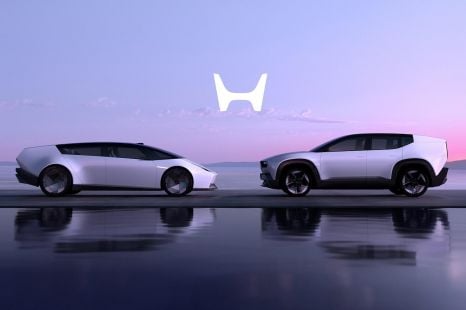

Derek Fung
Honda revises EV strategy after posting fourth straight quarterly loss
3 Hours Ago
Global investment firm BlackRock acquires equity in JOLT and provides $100m capital to help fund its national expansion of app-based low-cost chargers.

Senior Contributor
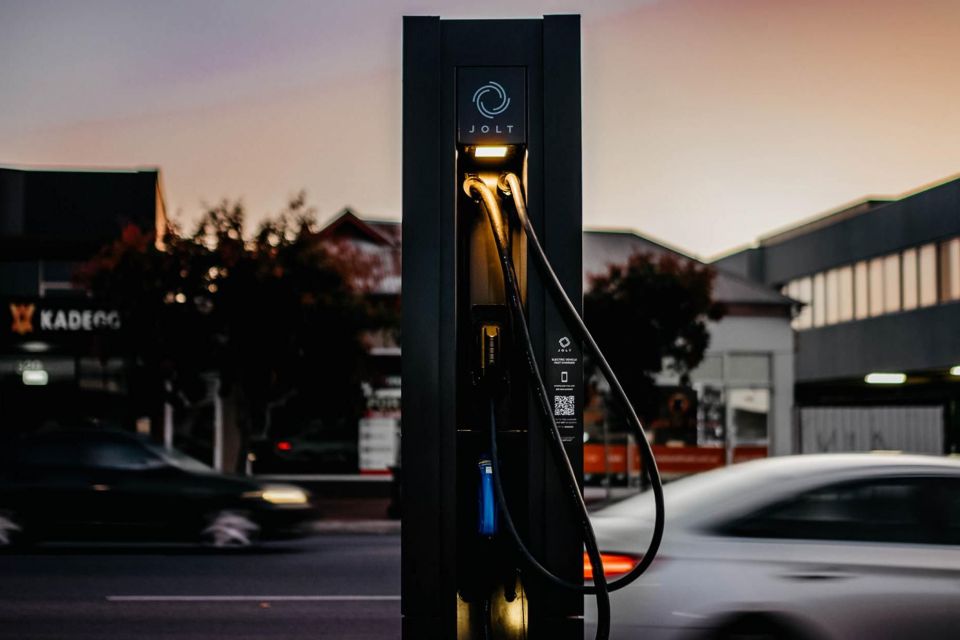

Senior Contributor
Mammoth US investment firm BlackRock will take an equity stake in innovative Australian electric-vehicle public-charge operator JOLT, with plans to inject more than $100 million of capital to help fund its national infrastructure network.
The money will help rollout the installation of JOLT’s intended app- and QR-based network of more than 5000 public chargers across Australia, reportedly to be installed over the next five to 10 years and fed solely by renewable energy.
The goal is to under-write Australia’s largest charge point operation, with the $100m capital linked to business milestones.

The cash is BlackRock’s first investment into the Asia Pacific (APAC) charging sector – but unlikely to be the last. The firm raised $US4.8 billion (AUD$6.6) this year to fund a ‘Global Renewable Power’ division tasked with under-writing companies involved in renewable electricity generation, storage and charging.
JOLT’s business model is a little different to other companies offering EV top-ups,
Its public chargers (currently both CCS2 and CHAdeMO) have digital displays with programmatic advertising, opening up a revenue stream, and it offers the first 7kWh of your EV’s charge for free before debiting the remainder.
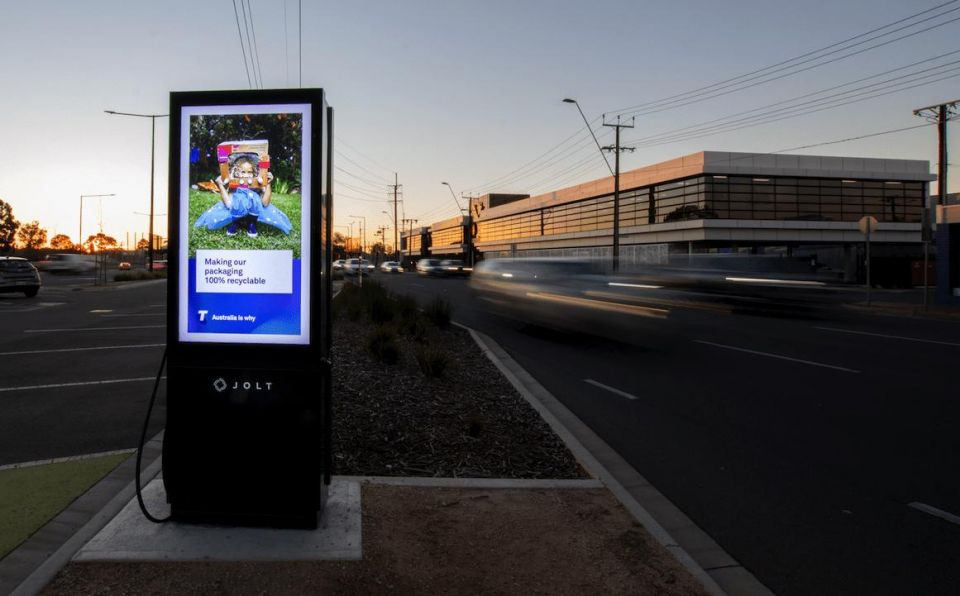
There’s no obligation to go beyond the free 7kWh zap, which takes about 15 minutes and adds about 45km of range.
It currently operates 16 charging stations in Adelaide, and will soon switch on some roadside EV charging ‘kiosks’ in Sydney, having partnered with utility Ausgrid. This month the company joined Australia’s Outdoor Media Association.
JOLT CEO and founder Doug McNamee said institutional capital had “a critical role” in developing the infrastructure that will accelerate EV uptake in Australia.
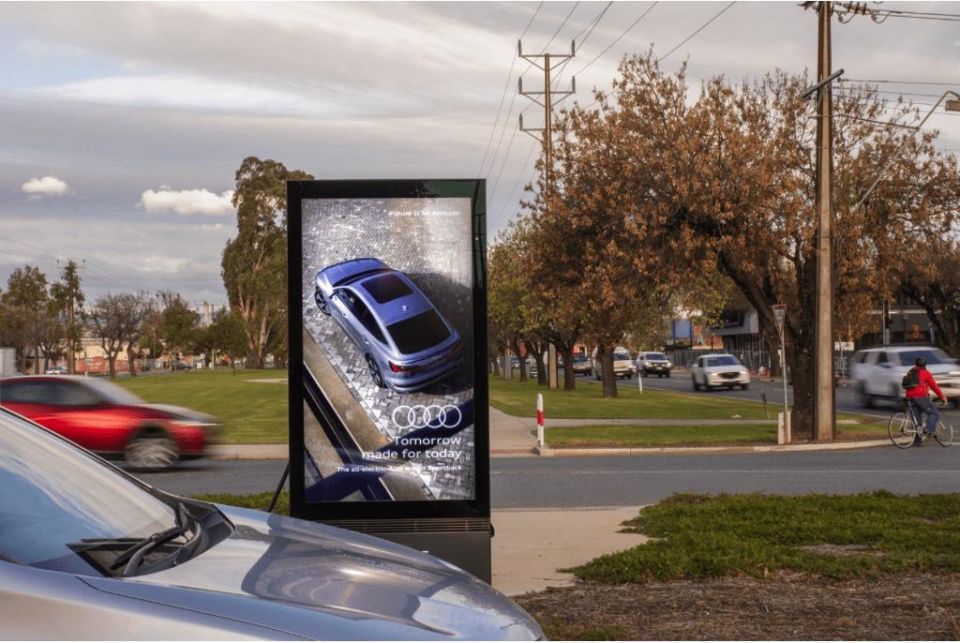
“We’re thrilled to have secured support from BlackRock Real Assets who recognises our vision to help transform the future of transport through electrification,’ he said.
“Australia has a critical role to play in advancing towards a net zero emissions future. We’re excited to be leading the way forward by building the vital infrastructure needed to power our roads, address range anxiety and help get more Australians behind the wheel of an EV.”
BlackRock Renewable Power managing director Charlie Reid said it was the firm’s view that the nascent EV charging industry across APAC had “tremendous near and long-term growth potential, which creates exciting investment opportunities for BlackRock’s clients”.
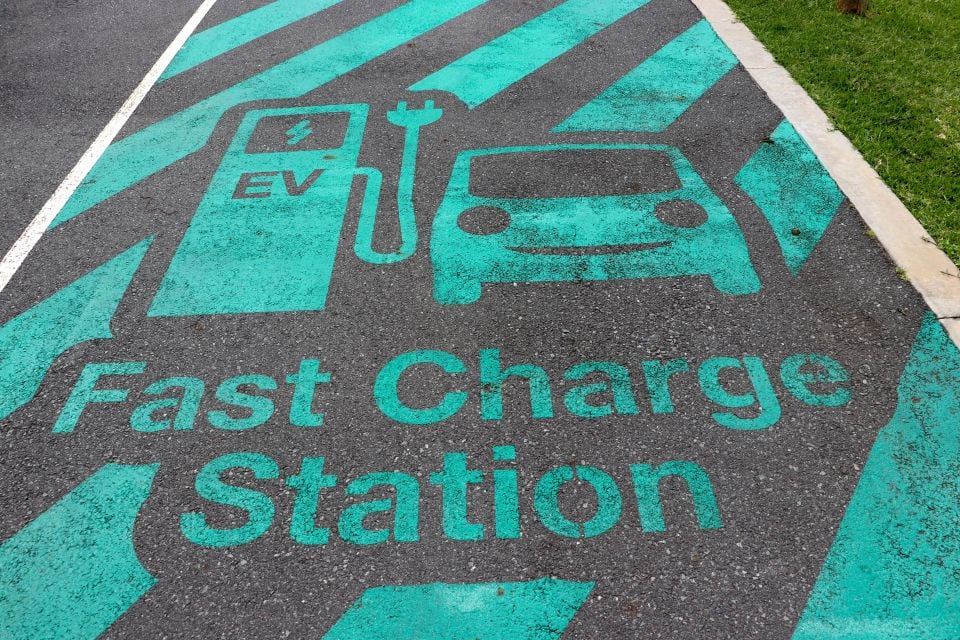
BlackRock says the need for new EV charging infrastructure is “enormous” as the global transition to EVs accelerates. Annual passenger EV sales are expected to increase from 3.1 million in 2020 to 14 million by 2025 based on Bloomberg New Energy Finance estimates
It’s a time of great change and development for Australia’s charging sector.
Earlier this month the Australian government’s ARENA agency said it would help fund the rollout of more than 400 privately operated fast-charging stations at a cost of around $25 million, with five operators (Evie, Ampol, Engie, Chargefox, and Electric Highways Tasmania) sharing the cash.
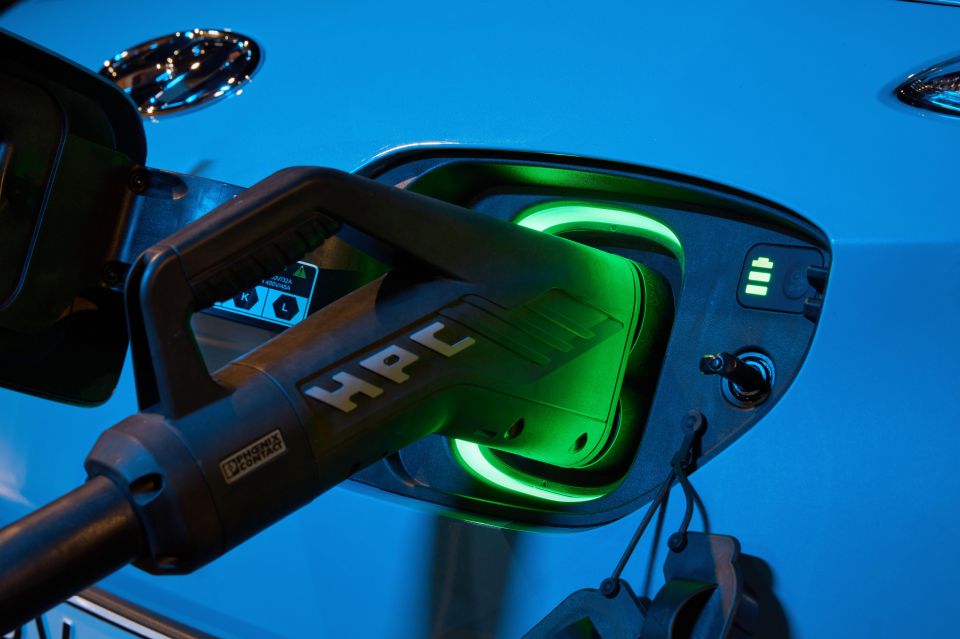
In the past few months we’ve seen ChargeFox announce a plan to add another 4000 plugs to its network by the end of 2025, Tesla announce a plan to open its Superchargers to other brands, Brisbane-based EV charger hardware provider Tritium announce a planned IPO on the Nasdaq, and the WA government put to tender plans for a Statewide charge network.
There’s an increasing push for the federal government to stop the registration of brand new petrol and diesel cars from 2035 – in line with many other countries – including from both Infrastructure Victoria (story here) and the Grattan Institute.
Sales of electric and plug-in hybrid vehicles surged in Australia over the first half of 2021 from a very low base. Their combined market share about doubled compared with last year’s tally.
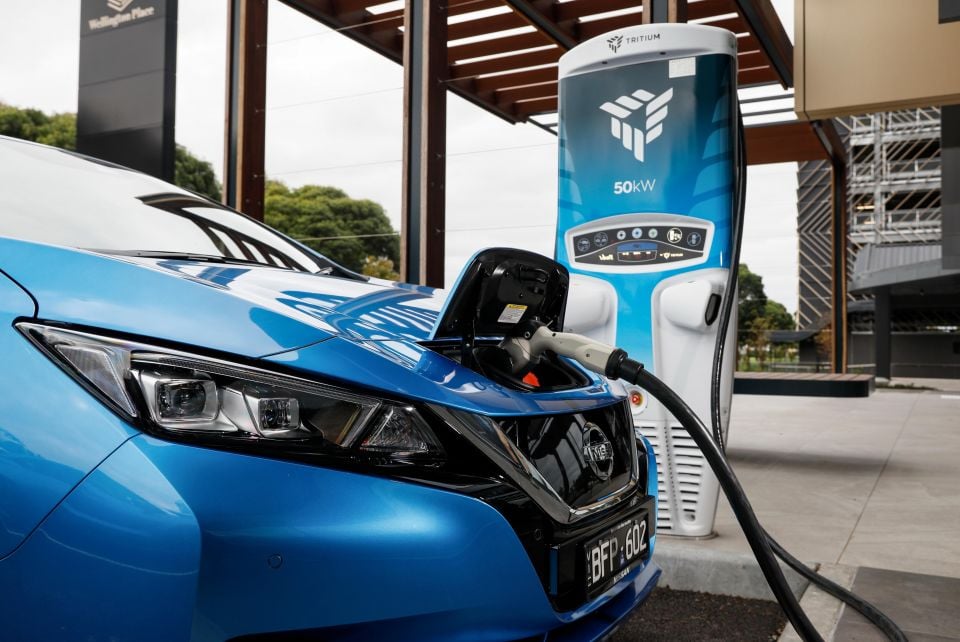
7248 electric vehicles (EV) were sold in Australia between January and June, according to the latest Electric Vehicle Council market report, in addition to 1440 plug-in hybrids (PHEV).
This combined 8688 sales equalled 1.57 per cent market share, up from 0.78 per cent share in 2020. Strip out light commercials and it’s about 2.0 per cent. More EVs were sold in the first half of 2021 than all of 2020.
At present by our calculations there are 13 manufacturers now selling 23 different battery electric vehicles in Australia. This is alongside 12 manufacturers selling 22 PHEV nameplates.
But this will expand rapidly into 2022, as our exclusive Australian electric vehicle calendar detailing all the expected new EV launches shows.
For further reading relevant to this story check out a few of our other related stories below.
MORE: Electric car sales up 273 per cent in July, here’s how each model sold MORE: Australia’s top-selling plug-in hybrids MORE: Which brands are going fully electric and by when? MORE: NSW announces sweeping electric-vehicle stimulus package MORE: Victoria commits to electric car subsidies, 2030 sales target MORE: ACT moving public-servant fleet to EVs, will slash running costs MORE: Northern Territory commits to electric car incentives MORE: Australia-wide EV policy needed to avoid ‘chaos’, says FCAI MORE: How Australia’s federal opposition proposes to slash EV prices MORE: Australian industry keeps calling for new government CO2 targets MORE: Why a Tesla Model 3 is the best affordable electric car MORE: Australia’s Evie and Tritium rolling out 300 destination EV chargers MORE: Australia’s car lobby opposes petrol and diesel ban, backs tax cuts MORE: Europe plans to ban petrol, diesel and hybrid new cars from 2035


Derek Fung
3 Hours Ago
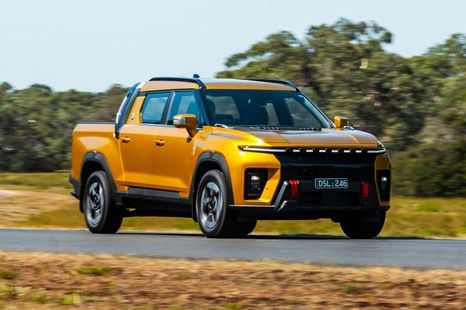

Ben Zachariah
10 Hours Ago


James Wong
10 Hours Ago
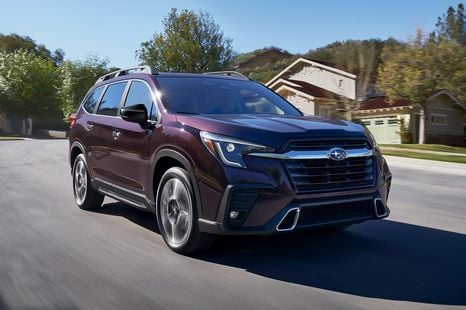

James Wong
10 Hours Ago
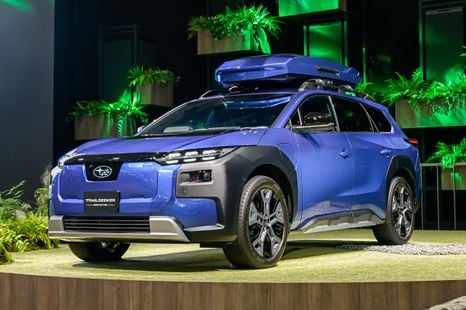

James Wong
10 Hours Ago
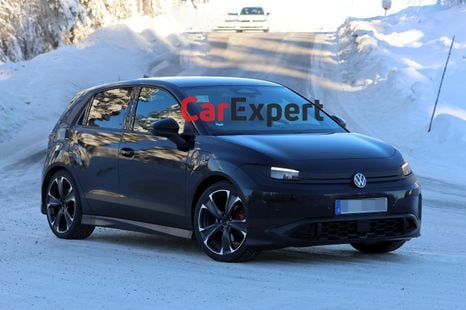

Damion Smy
16 Hours Ago
Add CarExpert as a Preferred Source on Google so your search results prioritise writing by actual experts, not AI.